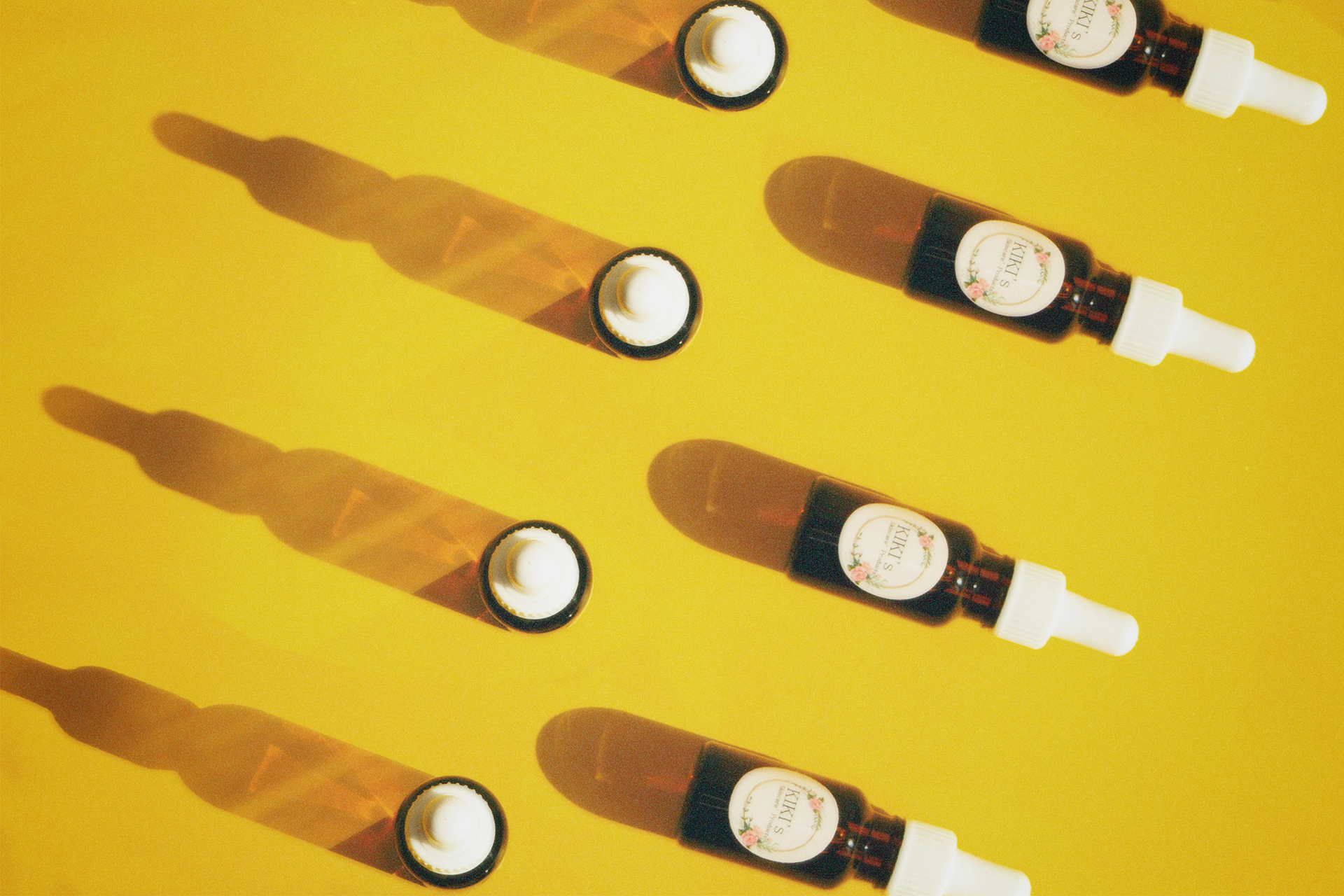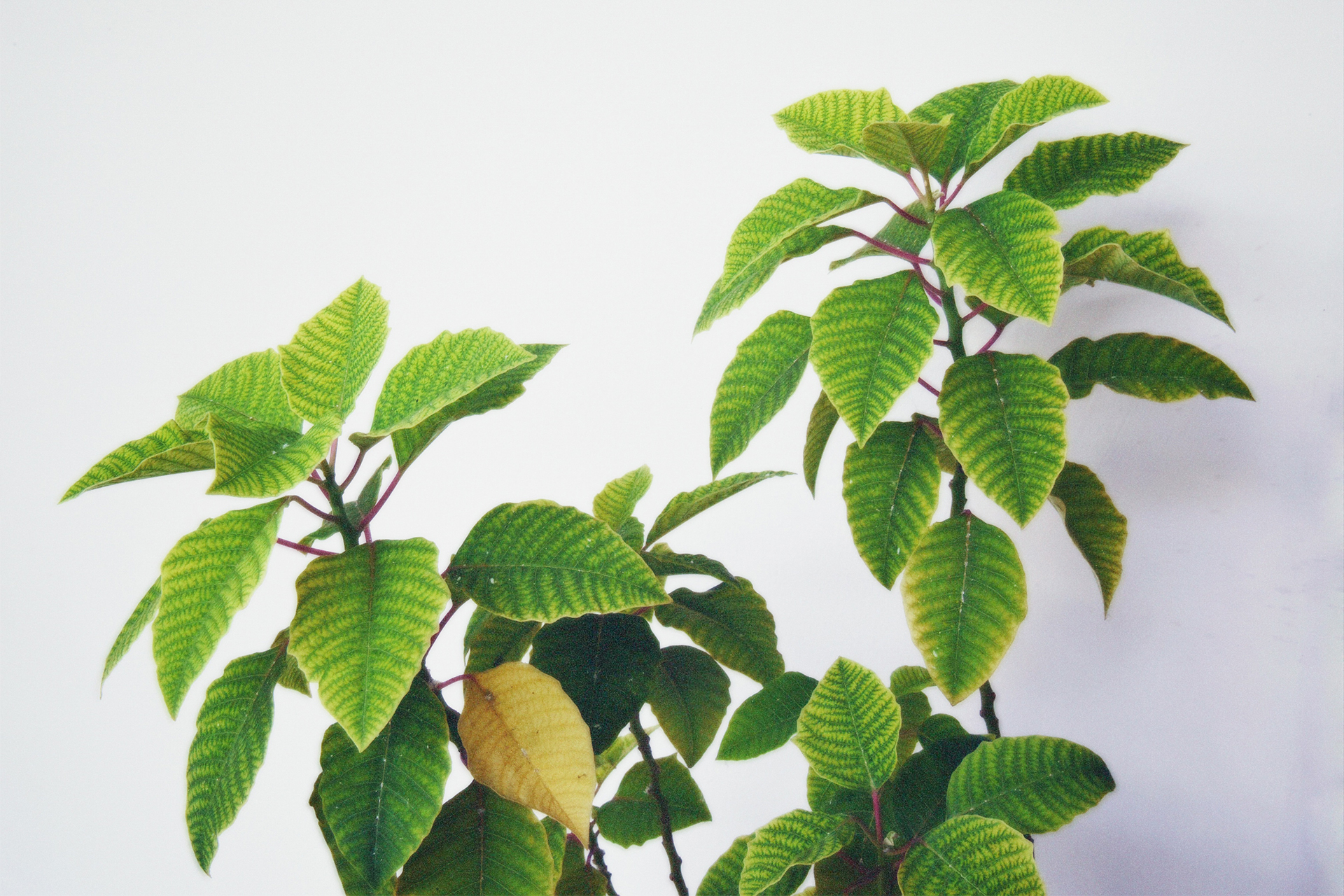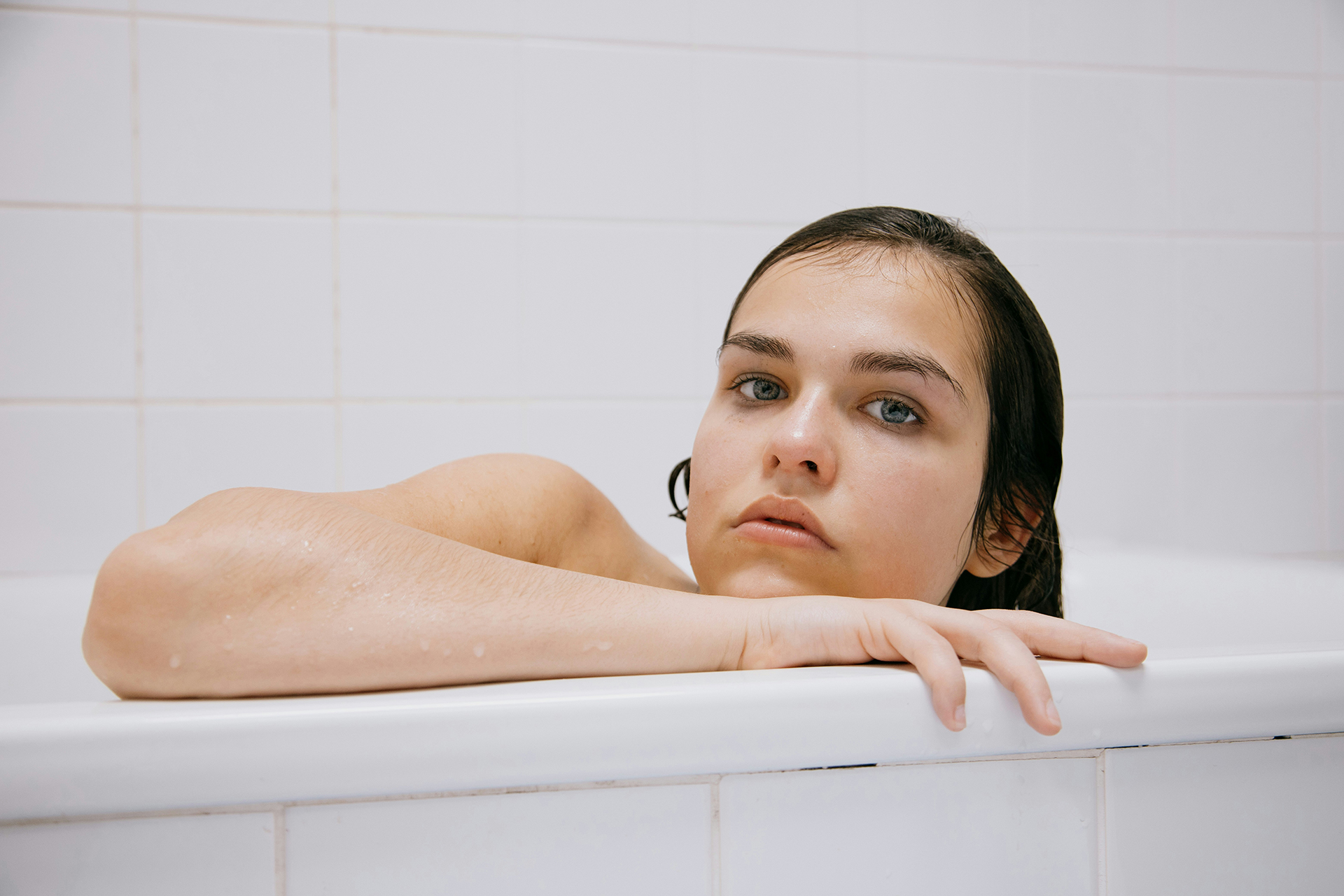In today’s digital age, the allure of DIY skincare recipes is undeniable. Social media platforms are flooded with home remedies promising miraculous results, often touted as natural, cheap, and easy alternatives to commercial skincare products. However, the truth is that these homemade concoctions can pose serious risks to your skin health. This detailed guide delves into the dangers of DIY skincare, exploring why these homemade solutions might do more harm than good and offering safer, more effective alternatives.
Understanding the Popularity of DIY Skincare
The trend of creating your own skincare products at home has gained momentum for several reasons. Many individuals are drawn to the idea of using what they perceive as more natural ingredients, free from the chemicals and preservatives found in store-bought products. Others are motivated by the cost savings or the fun and satisfaction of crafting something with their own hands. However, without proper knowledge and precautions, the creation of homemade skincare products can lead to unintended consequences.
The Dangers of Homemade Skincare
Contamination and Infections
One of the most significant risks associated with DIY skincare is the potential for contamination. Without the controlled, sterile environments of professional labs, homemade skincare products are susceptible to bacteria, fungi, and mold. These contaminants can cause skin infections or worse. Unlike professionally formulated products, DIY mixtures often lack effective preservatives, which are crucial in inhibiting microbial growth and ensuring product safety.
Skin Irritation and Allergic Reactions
Many DIY skincare recipes include ingredients like lemon juice, essential oils, or baking soda, which can be highly irritating to the skin. For example, citrus fruits like lemon can disrupt the skin’s natural pH balance and increase photosensitivity, leading to severe sunburns. Similarly, essential oils, while beneficial when properly diluted, can cause allergic reactions or chemical burns if used incorrectly.
Inefficacy and Misleading Claims
Most DIY skincare recipes do not live up to their claims. Ingredients that might seem beneficial, like coconut oil or avocado, cannot replace the active ingredients that target specific skin concerns in professionally formulated products. For instance, while homemade moisturizers might temporarily make the skin feel moisturized, they lack ingredients like hyaluronic acid that truly hydrate the skin at deeper levels.
Long-term Skin Damage
Improper use of harsh ingredients can lead to chronic skin issues, such as persistent dryness, premature aging, or increased sensitivity. Physical exfoliants like sugar or salt can create micro-tears in the skin, leading to long-term damage and increased susceptibility to environmental pollutants.
Safer Alternatives to DIY Skincare
Use of Preservative-Free Commercial Products
For those looking for safer alternatives to DIY products, several brands offer preservative-free or minimally preserved skincare products that maintain safety and efficacy. These products undergo rigorous testing to ensure they are free from harmful bacteria and fungi while still providing the skin benefits they claim.
Consulting with Dermatologists
Professional advice from dermatologists can never be underestimated. A dermatologist can recommend safe products tailored to your specific skin type and concerns. They can also provide guidance on which ingredients to avoid, reducing the risk of adverse reactions.
Embracing Professional Skincare Innovations
Modern skincare has evolved to include products that are both effective and safe. Many brands now focus on creating formulations that cater to specific skin concerns using ingredients that are backed by scientific research. These products often combine the best of nature and science, offering solutions that are both gentle on the skin and environmentally friendly.
The Bottom Line
While DIY skincare might seem appealing, the risks associated with homemade concoctions make them a gamble not worth taking. Investing in high-quality, professionally formulated skincare products is a safer and more effective way to ensure the health and beauty of your skin. Always prioritize products that are tested and approved by skincare professionals, and remember, the best skincare regimen is one that combines efficacy with safety.
In conclusion, while the creativity involved in DIY skincare can be enjoyable, the potential risks to your skin’s health and the overall ineffectiveness of such products should steer you towards commercially available, scientifically formulated options. By choosing products developed by experts and tested in controlled environments, you ensure that your skin receives the best care possible, free from the hazards of unverified homemade recipes.



